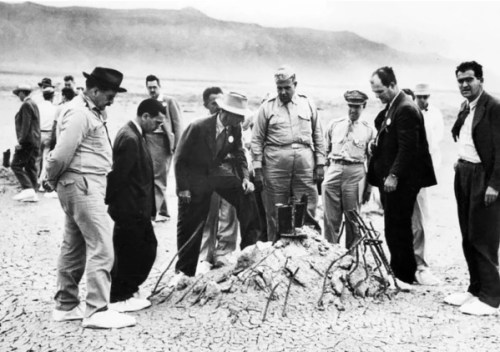Gallilopoli
Directed by Peter Weir
Written by Peter Weir and David Williamson from a novel by Ernest Raymond
1981/Australia
IMDb page
First viewing/YouTube rental
One of 1001 Movies You Must See Before You Di
Major Barton: [to the soldiers] All right men… we’re going. But I want you to remember who you are. You are the 10th Light Horse! Men from Western Australia. Don’t forget it. Good luck.
Good film about a landmark battle in Australian history.
The story takes place in 1915 and begins in West Australia. Archy Hamilton (Mark Lee) can sprint like a leopard and win a race barefoot against a man on horseback. He is relentlessly cheerful and idealistic. Frank Dunne (Mel Gibson) is also a talented runner. In other regards he is nothing like Archy. Frank is a cynic who is generally motivated to do anything he thinks will make him look important.

The men’s athletic endeavors coincide with a recruitment campaign for soldiers to serve in Australia’s contribution on behalf of the British Empire in WWI. This seems far more important than running to Archy, who succeeds in joining up by lying about his age. Dunne sees no reason to risk his skin until he learns that a uniform makes quite the impression on the ladies.
All dreams of glory are crushed when the men are ordered to land on the shores of Gallipoli.

This is a solid war movie and very watchable. I had been looking forward to seeing it for years. It did not quite live up to my expectations, perhaps because I am not a huge fan of Mel Gibson. But he’s not bad in this. He looks so much younger here than in the Mad Max films.
I’d love to get the opinions of Australians on the film and its historical accuracy.











 I last saw this on original release and was not wowed. This time around I liked it much much more. The makeup and effects are out of this world and the comedy melds nicely with some real horror. But my favorite part is the soundtrack, which contains many songs about the moon. Recommended.
I last saw this on original release and was not wowed. This time around I liked it much much more. The makeup and effects are out of this world and the comedy melds nicely with some real horror. But my favorite part is the soundtrack, which contains many songs about the moon. Recommended.













